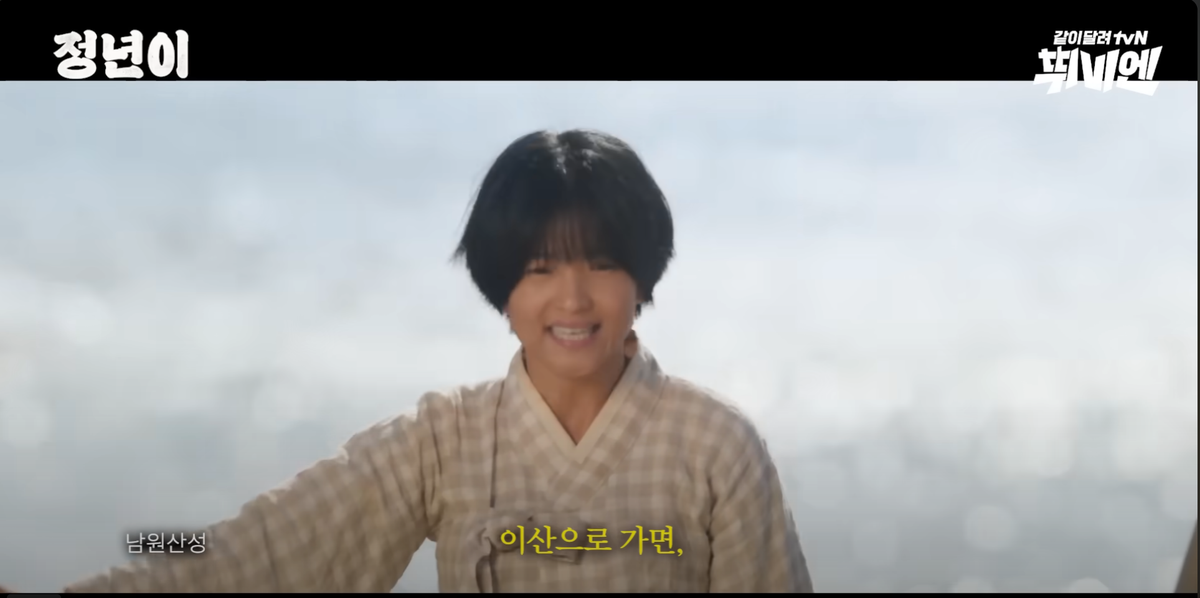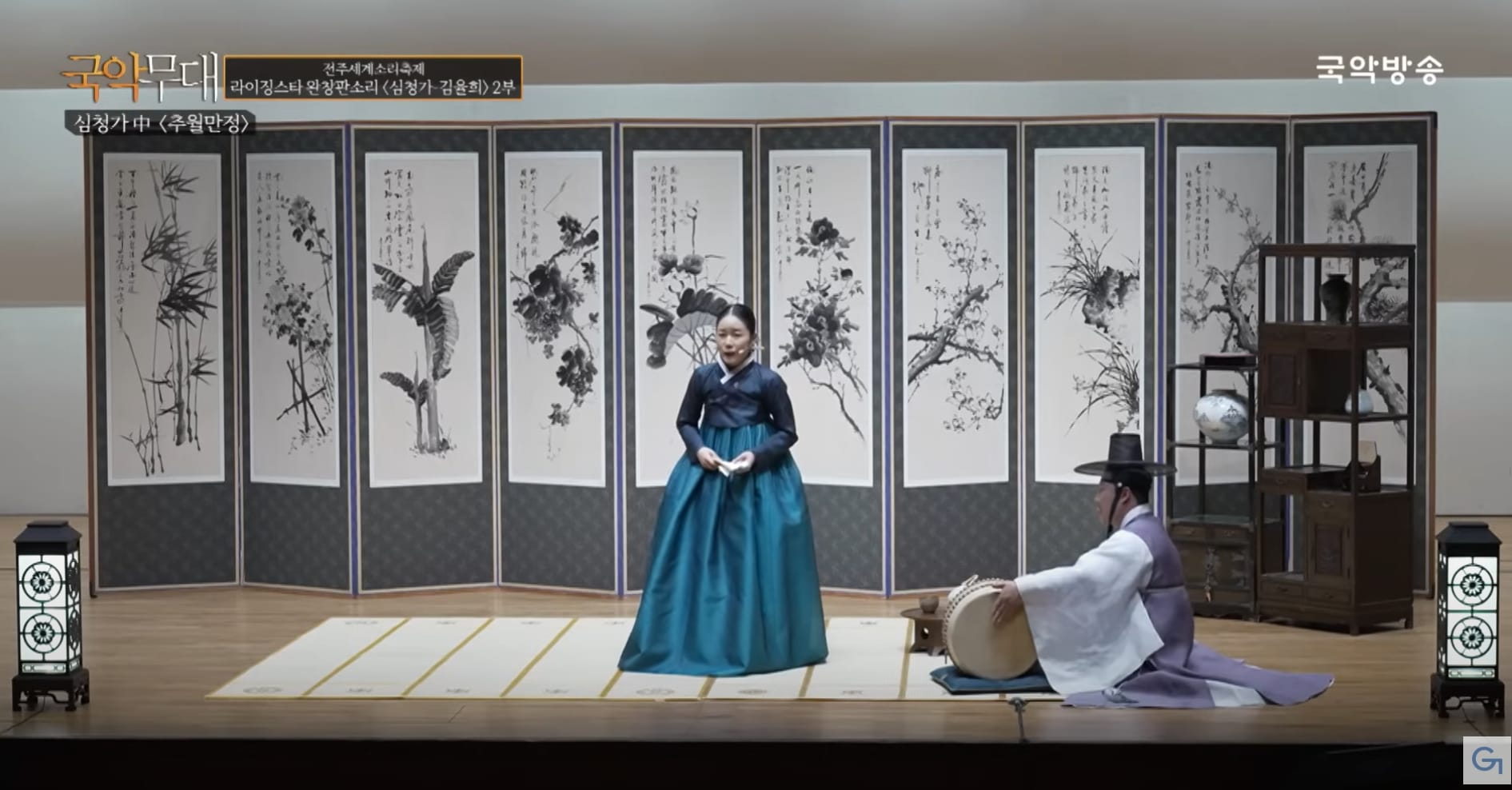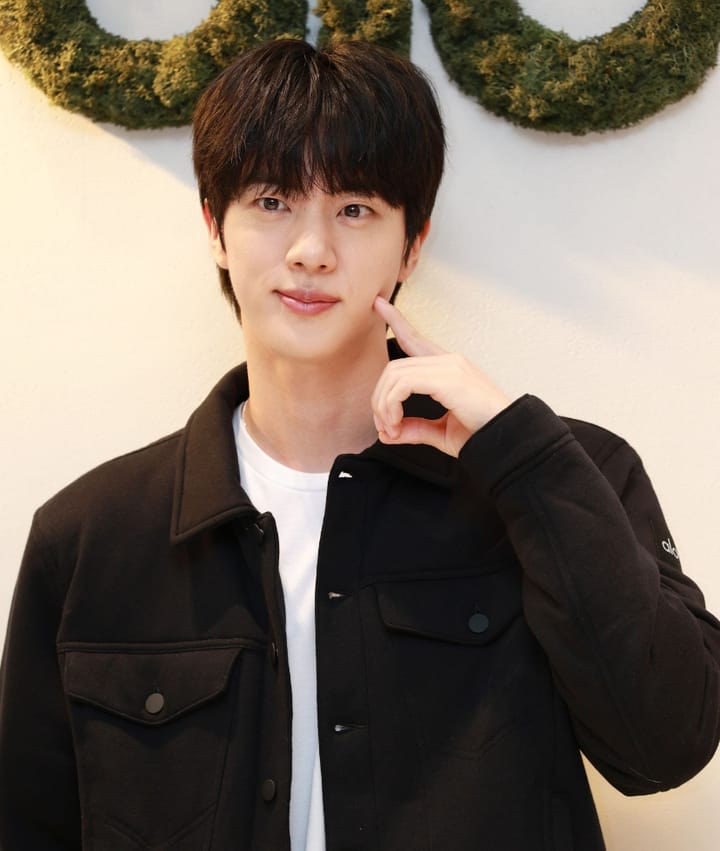Deuk-eum: The Sacred Art of Voice Mastery in Korean Pansori

Deuk-eum: The Sacred Art of Voice Mastery in Korean Pansori
Understanding Korea's most mysterious and demanding vocal training tradition
In the misty mountains of Korea, where ancient waterfalls cascade down granite cliffs, a profound vocal tradition has endured for centuries. This is the world of deuk-eum (득음) – literally meaning "obtaining the voice" or "gaining mastery of sound" – the ultimate goal of every pansori artist and the most sacred achievement in Korean traditional music.

What is Deuk-eum?
Deuk-eum represents the pinnacle of vocal mastery in pansori, Korea's epic narrative singing tradition. It refers to the completed state of musical competence where a pansori singer gains full command of their vocal range and proper control of their voice. This is not merely technical proficiency, but a spiritual and physical transformation that allows the artist to channel the deepest human emotions through their voice.
The concept goes beyond Western notions of vocal training. In Korean traditional arts, the voice is considered a vessel for expressing han (한) – the complex emotional state encompassing sorrow, hope, and resilience that defines much of Korean cultural identity. To achieve deuk-eum is to become capable of conveying the full spectrum of human experience through sound alone.
Jeong Nyeon-i: A Pansori-themed Drama
The Legendary Training: Mountain Practice (Sangongbu)
The path to deuk-eum is neither quick nor easy. It requires sangongbu (산공부) – intensive mountain training that can last months or even years. Modern practitioners like renowned pansori singer Song So-hee continue this tradition, spending their school breaks in the mountains pursuing this ancient practice.
The traditional training technique involves practicing alone in nature, next to cascading waterfalls, learning to mimic the scale and range in the sounds of mountain streams tumbling over rocks. This is not metaphorical – students literally build huts in remote mountain locations and spend months singing into the thunderous roar of waterfalls.
The Waterfall Challenge
Perhaps the most iconic aspect of deuk-eum training is the waterfall practice. All pansori masters train rigorously, famously having to sing from underneath a waterfall and have their voices heard, to the extent that their vocal chords are damaged and develop nodules.
The goal is deceptively simple yet monumentally challenging: the singer's voice must be powerful enough to be heard above the roar of a waterfall. This requires not just volume, but incredible breath control, resonance, and vocal projection that can only be developed through years of dedicated practice.
Documentary evidence exists of masters like Bae Il-Dong, who practiced for seven years singing into a waterfall while living in a hut he built himself. Such dedication illustrates the profound commitment required for this art form.
The Physical and Spiritual Transformation
The pursuit of deuk-eum is as much about spiritual development as vocal technique. The isolation, the harsh natural conditions, and the constant vocal challenges create a transformative experience. Singers emerge from mountain training fundamentally changed – their voices roughened and deepened, capable of expressing emotions that simply cannot be taught in a conventional classroom.
The legendary masters often speak of extreme practices that modern audiences might find shocking. Historical accounts describe singers consuming unusual substances, including fermented materials, believing these would enhance their vocal development. While such practices are not recommended or necessary today, they demonstrate the lengths to which traditional masters would go in pursuit of their art.
Modern Deuk-eum in a Contemporary World
Today's pansori artists continue to honor this tradition while adapting to modern realities. Contemporary teachers like Cultural Intangible Heritage Holder Min Hye Sung organize intensive sangongbu sessions during summer and winter breaks, where students showcase new musical pieces they've learned during their mountain retreats.
UNESCO recognizes that pansori singers undergo long and rigorous training to master the wide range of distinct vocal timbres and to memorize complex repertories, with many virtuosos developing personal interpretive styles.
However, the tradition faces challenges. Modern vocal health awareness has raised questions about some traditional practices, and recent studies suggest that innovations in pansori training methods are being requested by trainee performers, despite criticism from traditionalists.
The Cultural Significance
Deuk-eum represents more than individual achievement – it embodies Korea's cultural resilience. Pansori originated in the 17th century in southwest Korea and remained an oral tradition among common people until the late 19th century, when it gained popularity among urban elites. Through Japanese colonization, war, and rapid modernization, this art form survived largely because of masters who achieved deuk-eum and could pass on authentic traditions.
The concept also reflects deeper Korean philosophical principles about the relationship between human expression and nature. By training in natural settings and learning to harmonize with rather than dominate natural sounds, singers develop a voice that resonates with fundamental natural rhythms.
Conclusion: The Eternal Quest
Deuk-eum remains one of the world's most demanding and mysterious vocal traditions. In an age of auto-tune and digital enhancement, the raw, uncompromising pursuit of authentic vocal mastery offers a profound alternative vision of what human expression can achieve.
For contemporary pansori artists like Song So-hee, who continues the tradition of mountain training, deuk-eum represents both a connection to centuries of artistic heritage and a personal transformation that cannot be rushed or artificially induced. It requires the same dedication, isolation, and spiritual commitment that masters have pursued for over 300 years.
Whether any individual truly achieves perfect deuk-eum is perhaps less important than the pursuit itself – a lifelong journey that transforms not just the voice, but the entire being of the artist. In a world increasingly disconnected from nature and tradition, the mountain paths to deuk-eum offer a powerful reminder of what humans can accomplish through dedication, sacrifice, and an unwavering commitment to artistic truth.
Pansori was designated as UNESCO's Masterpiece of the Oral and Intangible Heritage of Humanity in 2003, ensuring that traditions like deuk-eum training continue to be preserved and practiced for future generations.


